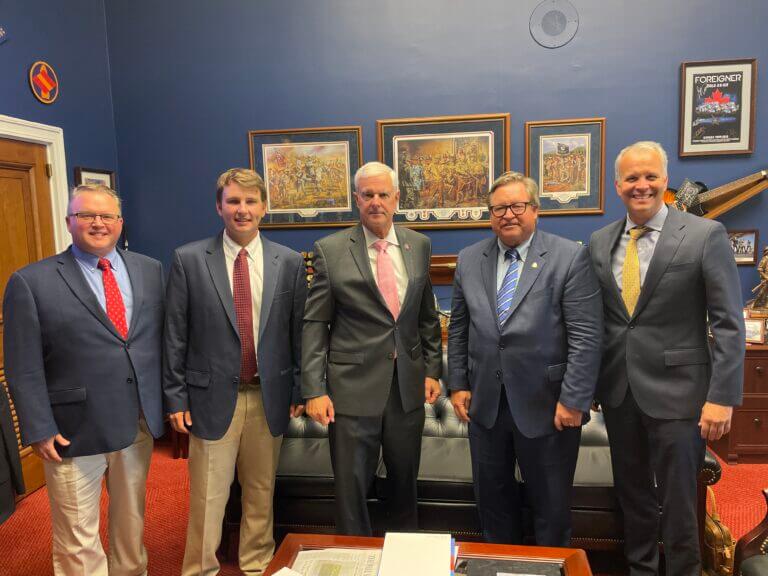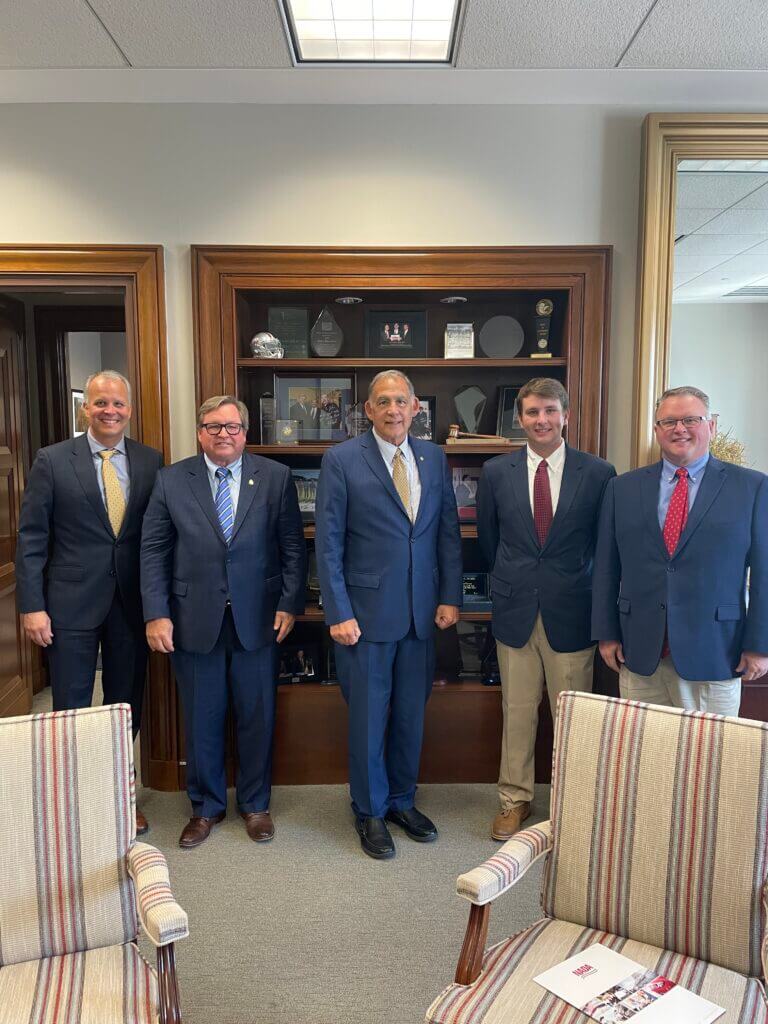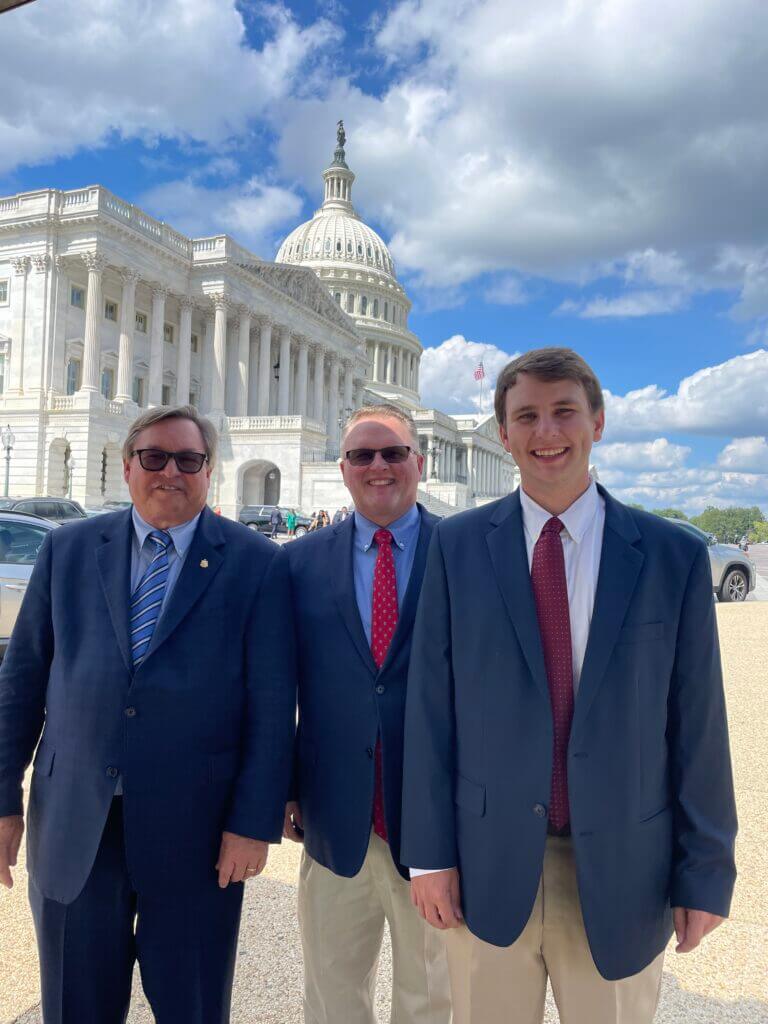On September 12-13, 2023, Arkansas Automobile Dealers Association (AADA) staff and members travelled to Washington D.C. to participate in NADA’s annual Washington Conference.
AADA representatives met with the Arkansas Congressional Delegation and members of their staff to discuss key issues impacting dealers across the country. NADA Legislative Priorities included:
The FTC's "Vehicle Shopping Rule" - Cosponsor The "FTC Redo Act"
The Federal Trade Commission (FTC) proposed a “Vehicle Shopping Rule” that would overwhelm car buyers and small businesses with additional paperwork and needlessly lengthen the sales process. The rule was proposed without credible data-driven analysis or the necessary time for public comment to avoid unintended consequences to consumers and small businesses.
Members of Congress were urged to cosponsor the “FTC REDO Act” to direct the FTC to redo its proposed “Vehicle Shopping Rule” to prevent the agency from needlessly imposing significant burdens and costs on consumers and small business dealers.
Electric Vehicle Mandates Go Too Far Too Fast
The Environmental Protection Agency (EPA) recently proposed new emissions standards that would effectively require 67.5% of U.S. car sales be electric by 2032. Consumers are not moving as fast as the proposed regulations, largely because the other changes needed to make EVs broadly attractive to consumers: affordability, a sufficient and reliable charging infrastructure, and acceptable charging speeds.
Members of Congress were encouraged to sign letters to congressional leadership warning that unless the EPA creates a national greenhouse gas standard that is reasonable and achievable for all 50 states and stops attempting to ban the sale of gas-powered cars, Congress will need to step in.
LIFO – “Supply Chain Disruptions Relief Act” (H.R. 700/S.443)
Under the “Supply Chain Disruptions Relief Act” (H.R. 700/S. 443) Congress would determine that the conditions necessary to grant additional time to replace vehicle inventories under existing law due to pandemic-related foreign trade interruptions have been met. As a result of supply chain disruptions beyond the dealers’ control, LIFO recapture triggered significant, unexpected tax liability that continues to harm many smaller, multi-generational family dealerships.
Members of Congress were asked to cosponsor the “Supply Chain Disruptions Relief Act” and attendees urged that House and Senate leadership to pass this technical and non-controversial legislation at the earliest opportunity.


